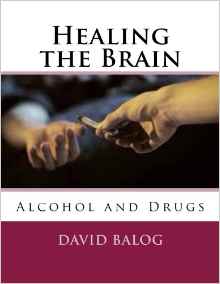Are you able to communicate calmly and clearly with your teenager regarding relationship problems, such as jealousy or need for attention?
Good communication between parents and children is the foundation of strong family relationships. Developing good communication skills helps parents catch problems early, support positive behavior, and stay aware of what is happening in their children’s lives.Relationship Problems and Clear Communication
- Negative example: Mom gets defensive
- Positive example: Mom is understanding
YouTube embedded video: http://www.youtube-nocookie.com/embed/EBI7V7rjWJE
Before you begin:
- Be sure it’s a good time to talk and you can focus one hundred percent on communicating with your child.
- Have a plan.
- Gather your thoughts before you approach your child.
- Be calm and patient.
- Limit distractions.
Key communication skills include:
Questioning
The kind of information you receive depends a lot on how you ask the question.- Show interest/concern. Don't blame/accuse. For example, instead of, "How do you get yourself into these situations?" say, "That sounds like a difficult situation. Were you confused?"
- Encourage problem-solving/thinking. For example: Instead of, "What did you think was going to happen when you don't think?" say, "So, what do you think would have been a better way to handle that?"
Listening and observing
- Youth feel more comfortable bringing issues and situations to their parents when they know they will be listened to and not be accused.
Extra Tips
- Be present and tuned in.
- Show understanding.
- Listen with respect.
- Be interested.
- Avoid negative emotions.
- Give encouragement.
Reducing Emotion
Sometimes, talking with children brings up strong feelings that interfere with clear thinking. Following the CALM steps can help a parent keep the conversation moving in the right direction:- Control your thoughts and your actions.
- Assess and decide if you are too upset to continue.
- Leave the situation if you are feeling too angry or upset.
- Make a plan to deal with the situation within 24 hours.
Practice Skill
Video: Active Listening
YouTube embedded video: http://www.youtube-nocookie.com/embed/kCgZ-6JrwlI
When listening to your child, remember:
- Show understanding.
- Repeat back or summarize what your child said.
- Practice patience.
- Emphasize positive behaviors and choices.



